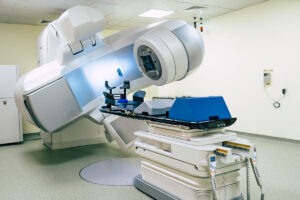
Understanding the Potential Side Effects of Cancer Immunotherapy
Cancer immunotherapy has emerged as a groundbreaking advancement in cancer care. By enhancing the body’s immune system, this approach helps recognize and target abnormal cells more effectively. While immunotherapy has provided hope to many patients, it is essential to acknowledge that it may also come with potential side effects. These effects can vary among individuals and should be carefully managed with the guidance of healthcare professionals.









